Wine unleashes a vicious sort of nostalgia. Scent is tied directly to memory, and the smell of fine wine tends to evoke good times with family and close friends.
(Meanwhile, Jose Cuervo brings back fragmented memories of pounding headaches and puke-stained T-shirts.)
Shortly after I gave up alcohol, I had a recurring dream in which I sat in the hills of Tuscany, eating pasta and wild boar with family and friends and drinking copious amounts of wine.
My dreams never tortured me with the caustic, gasoline-like smell of cheap spirits. The lizard lobe of my brain, in charge of making me crave alcohol, knew it would have the best luck with Gewurtztraminer or Malbec.
I stuck it out long enough to realize that all of those times – every damn one of them – would have been just as phenomenal without the wine. Actually, they would have been much better without it.
I’m going to share with you some of the strategies I’ve implemented to stop missing wine – and to put your life in perspective when you get a whiff of that glorified grape juice.
1) Have a large supply of your favorite elixir for ALL occasions.
If you’re a creature of habit like me, you need rituals in your life. Every single night when I’m winding down, I make a large pitcher of caffeine-free chamomile tea. I’ll use 6 teabags. This stuff has been proven to be as effective as benzos in some studies, without the addictive properties.
I had an epiphany: At least 50% of the immediate calm I used to feel when drinking a glass of wine came from having an evening ritual. The remaining 50% came from my physical addiction to alcohol. Unlike wine, chamomile tea is proven to relax your mind and improve the quality of your sleep without toxic side effects.
I can’t do anything half-assed, so I let myself go a little crazy with the tea. In addition to the chamomile, I mix as many types of tea as I want, avoiding artificial flavors and sugar. After drinking a glass I feel level-headed, relaxed, and more sociable.
Pour a kettle of hot water over the tea bags and fill a wine glass with ice. Pouring tea over ice locks the flavor in, and it’s the flavor secret behind a lot of quality bottled iced teas. You’ll be set for the evening and you can drink as much as you want without feeling empty-handed or ashamed.
Having this kind of ritual is the solution for the compulsive need to sip on something. I sip on iced tea at night while writing and reading books before bed (another important ritual). When family and friends are over, I couldn’t care less if they’re drinking wine – as long as they keep their hands off my iced tea.
2) Learn to associate wine with how you felt, not how it smells or tastes.
This is a tough one, but it can absolutely be done. For the few months after leaving rehab, I was almost emotional when I saw bottles of Cigar Box, which was my go-to Malbec for evenings at home.
That’s right, I was drinking bottles of wine for no reason – often alone, to ward off withdrawals. How did that make me feel?
Absolutely miserable. The high would last maybe an hour at most, and I’d pass out drooling on my pillow. It would wear off in the middle of the night and I’d wake up from a shiftless sleep. The worst part would be a few hours later, waking up from shaky half-sleep and feeling too weak and incompetent to tackle the day ahead.
At that point, the deep sense of shame and inadequacy would kick in. I’d wonder if I could short-circuit my day so that I could open up another bottle of something sooner rather than later.
If any of this resonates with you, ask yourself next time you see a wine bottle: Do you really love the smell and taste enough to justify feeling like that again?
Don’t lie to yourself – you’re not after the taste, you’re after the euphoria – and you can get that from real life.
3) The “health benefits of wine” are bullshit.
If you’ve had an alcohol addiction, the dumbest possible reason you could have for drinking wine is its alleged health benefits. Whatever antioxidants wine might have, they offer no benefits for people who can’t stop drinking the stuff.
Still, it’s easier to miss something when there’s a massive PR campaign aimed at convincing people that they can’t live without two glasses of wine per day. So let’s put this one to rest once and for all.
First of all, if you want to get antioxidants from grapes, then just eat grapes.
Secondly, studies have found that exercise, rather than wine, is the secret behind wine-drinkers’ healthy hearts. Is it any surprise that people who can limit themselves to two glasses per day tend to exercise more?
Moreover, you can rest assured that tea is much better for you than wine.
4) Try this thought experiment.
Would you rather spend a night: 1) Alone in a jail cell with unlimited wine, or 2) Teetotaling at a BBQ with your favorite people?
I’ve done both. My apartment in my drinking days became a jail cell at times. I was often alone with the wine, and I already described how that made me feel.
Since then I’ve attended numerous weddings and small parties without drinking. Even as an introvert, I can confidently say that the “buzz” of the party comes more from being around fun people than it does from alcohol. This was something that I’d heard said and didn’t believe at all until I’d been a nondrinker for about a year.
These days, I don’t even care if others are drinking around me at a social event. I have zero desire to get obliterated anymore. I never thought I would write those words, but it’s absolutely true.
One other strategy has enabled me to approach every event with endorphins flowing more than any drunk person there…
5) Get a solid workout in before every social gathering
Let others rely on the wine to feel good and make conversation. If you want to stand out at a social gathering, be the guy who came prepared because you just got a solid lift or some cardio in. Be the guy who seems to feel good all the time, and who obviously doesn’t need alcohol to schmooze with strangers.
It takes practice, but now that you’re a nondrinker, you have all the time in the world. You’ll get good at it in time and your positive energy will be infectious.
Developing your own unique charisma without alcohol, approaching women without liquid courage – these are rare and impressive skills. Developing them can be priceless.
Exercise is the solution to destroying that restless, nervous, brain-fog that used to drive you to drink in the first place. Long after the withdrawals and post-acute withdrawal syndrome leave, you might still be left with periods of feeling more restless than other people.
It’s just the nature of recovering from addiction – or perhaps of being someone whose brain was predisposed toward addiction in the first place.
So get in a killer workout in. And if you’re a man, you should learn how to teetotal like a man.
Author
-
A decade+ addiction-free, Chris Scott, the visionary founder of Fit Recovery, passionately guides Fit Recovery 2.0 Members toward a vibrant, healthier lifestyle. Through the integration of groundbreaking nutritional strategies, transformative reframing techniques, neurolinguistic programming, and dynamic pro-recovery habit systems, he inspires individuals to boldly take charge of their lives and break free from alcohol. Chris is celebrated as a Professional Member of the Alliance For Addiction Solutions. Moreover, he is the proud author of the bestselling book "Drinking Sucks!" which stands as a vital beacon of hope for those yearning to quit drinking. Additionally, he created the celebrated online program Fit Recovery 2.0, designed to provide unwavering support for individuals embarking on their recovery journey.
View all posts Fit Recovery Founder & Director


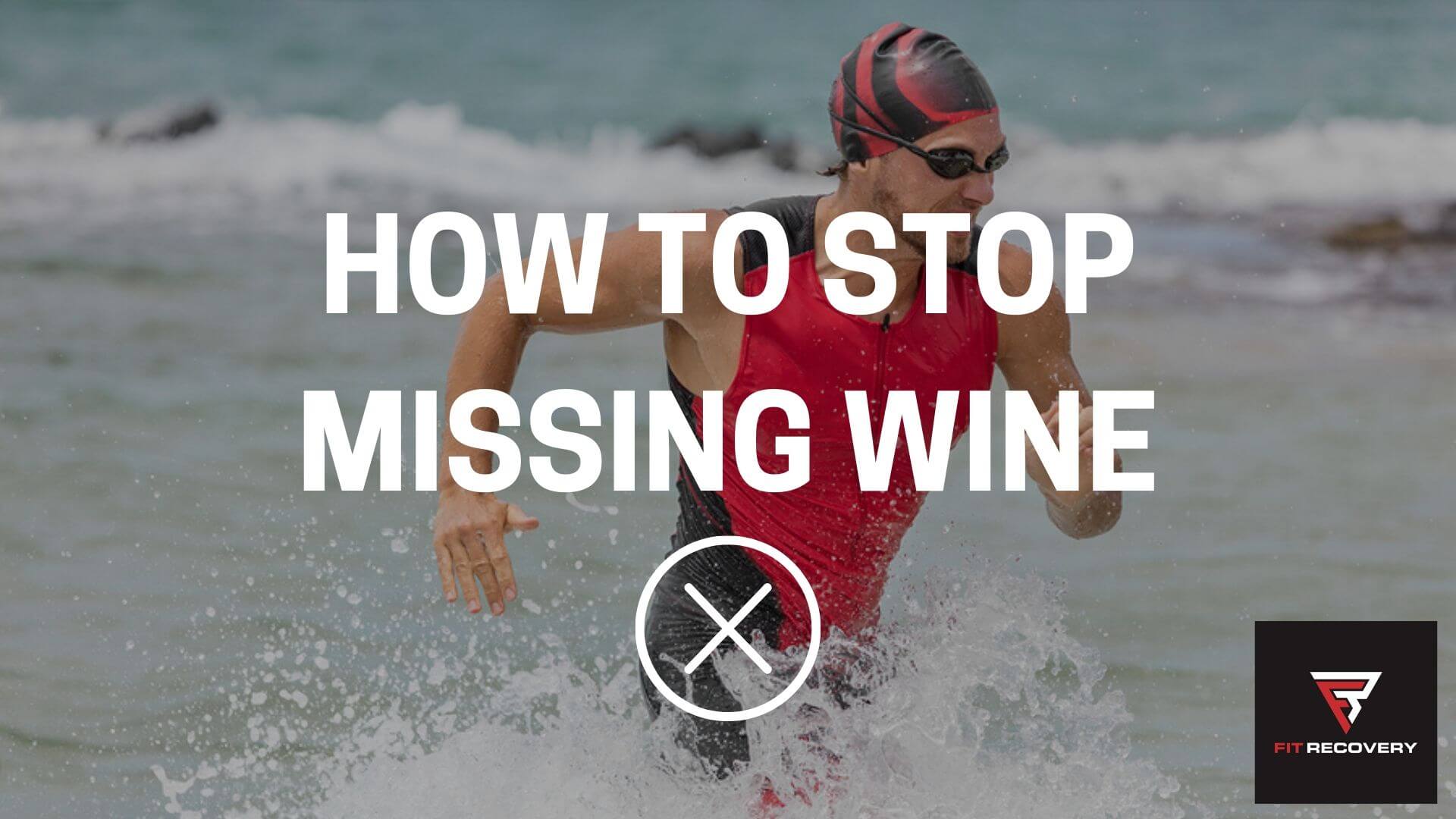
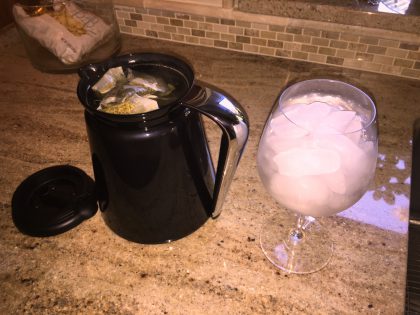
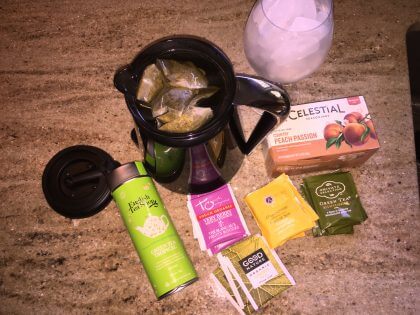
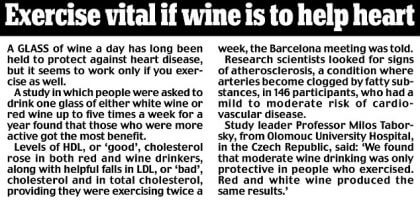
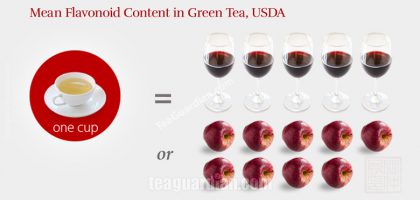
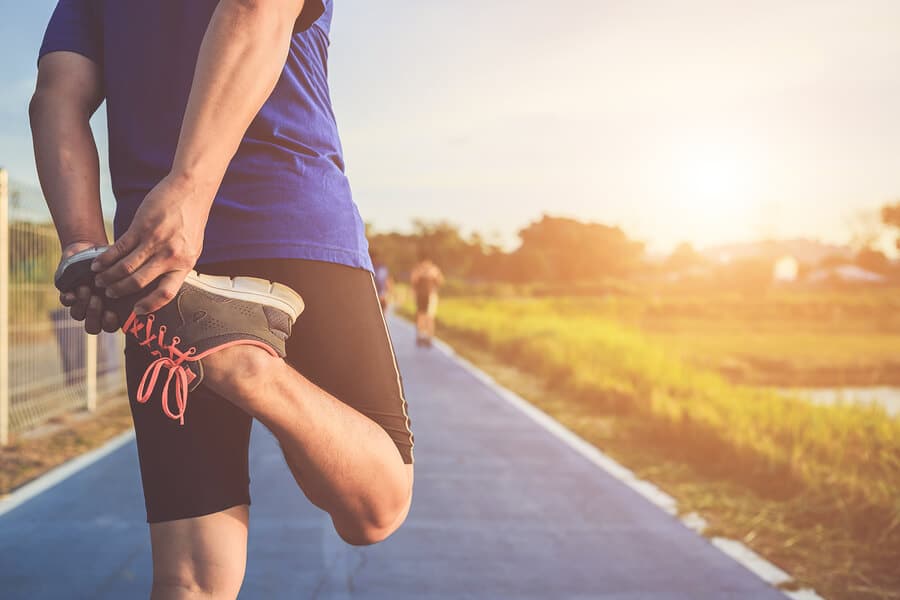

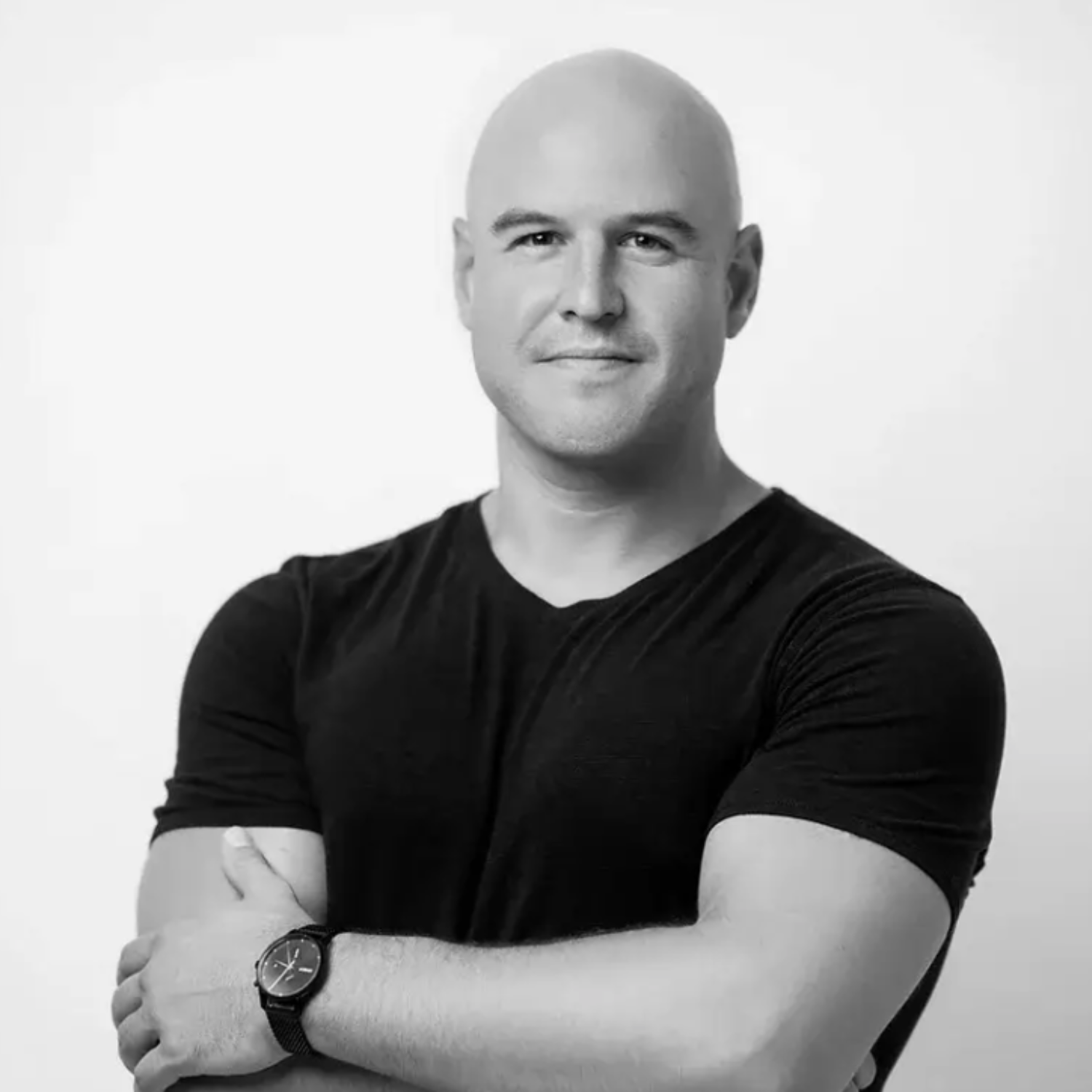




I too miss my wine, but I feel so much better without it. Cheers, Jack
Hi Chris Thank you for the article and I love the picture of your tea. I am experiencing alcohol withdrawal getting headaches and feeling anxiety but I am trying chamomile tea as my evening ritual instead of wine. I usually drink tea hot or warm but I will try it over ice 🙂
Wow, this really hits home for me, wine is my nemesis, hopefully that will be was my nemesis in the future. So glad I found your web site.
Glad this article has helped you Mary!